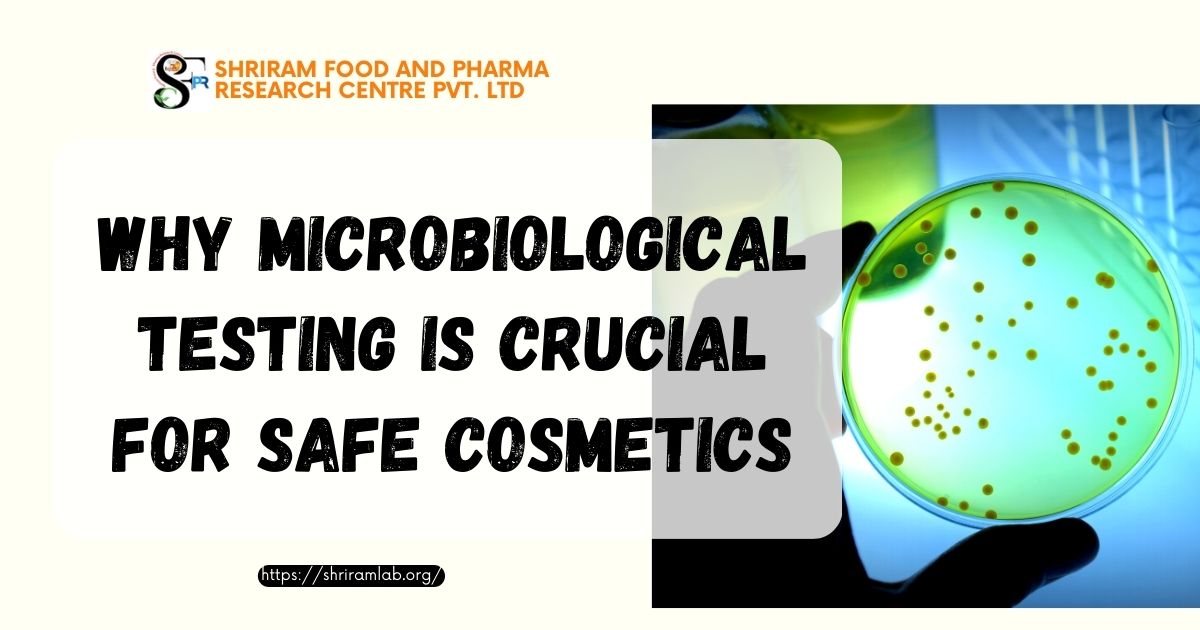Introduction
Organic products have gained immense popularity in recent years due to their perceived health benefits and minimal environmental impact. But what exactly does it mean for a product to be organic? In simple terms, organic products are those that are produced without the use of synthetic chemicals, pesticides, or genetically modified organisms (GMOs). Instead, they are made using natural and sustainable farming practices.
Organic Product Adulteration
As the demand for organic products continues to grow, so does the risk of adulteration. Adulteration refers to the act of adding non-organic substances to organic products, either intentionally or unintentionally. This can compromise the integrity and quality of the product, deceiving consumers who are seeking truly organic options. Therefore, it becomes crucial to implement rigorous testing measures to ensure the purity of organic products.
Importance of Testing
Testing organic products is essential for several reasons. Firstly, it helps to maintain consumer trust by ensuring that the products they purchase are indeed organic. Secondly, it protects the reputation of organic brands and the industry as a whole. Thirdly, it helps to safeguard public health by identifying any potential contaminants or harmful substances that may be present in the products. Lastly, testing is necessary to comply with the standards and regulations set by regulatory bodies.
The Organic Food and Beverages Market Overview
The organic food and beverages market has witnessed significant growth in recent years. Consumers are becoming more conscious of their health and the environmental impact of their choices, leading to a shift towards organic options. According to a report by the Organic Trade Association, the organic sector in the United States alone reached $55.1 billion in sales in 2019. This trend is not limited to the US; it is a global phenomenon. The Organic Food and Beverages Market is expected to witness significant expansion, with a projected rise from USD 164.47 billion in 2023 to USD 220.30 billion by 2028. This reflects a compound annual growth rate (CAGR) of 6.02% during the forecast period from 2023 to 2028.
Standards and Regulations in India
In India, the organic sector is governed by various standards and regulations. The Food Safety and Standards Authority of India (FSSAI) has set guidelines for organic certification and labeling. These guidelines ensure that organic products meet specific criteria and are free from any prohibited substances. Additionally, the National Programme for Organic Production (NPOP) provides accreditation to certification bodies and regulates the organic sector in the country.
Testing Methods
There are several testing methods employed to ensure the purity and quality of organic products:
1. Chemical Residue Analysis
Chemical residue analysis involves testing organic products for the presence of synthetic pesticides, herbicides, fungicides, and other chemical contaminants. This is done using advanced analytical techniques to detect even trace amounts of these substances.
2. Non-GMO Verification
Non-GMO verification is crucial for organic products, as GMOs are strictly prohibited in organic farming. Testing methods such as DNA analysis and polymerase chain reaction (PCR) are used to identify the presence of genetically modified organisms in organic products.
3. Microbiological Testing
Microbiological testing is performed to identify any harmful bacteria, viruses, or parasites that may be present in organic products. This testing ensures that the products are safe for consumption and free from any microbial contaminants.
4. Nutritional Analysis
Nutritional analysis is conducted to determine the nutritional composition of organic products. This includes testing for vitamins, minerals, macronutrients, and other essential components. It helps to assess the nutritional value of the products and ensures that they meet the necessary standards.
5. Allergen Testing
Allergen testing is crucial for organic products, as many people with allergies rely on these products for their dietary needs. This testing involves detecting the presence of common allergens such as gluten, dairy, nuts, and soy to prevent any allergic reactions.
6. Environmental Impact Assessment
Organic products are known for their minimal environmental impact. Environmental impact assessment involves evaluating the overall ecological footprint of organic farming practices, including factors such as water usage, soil health, biodiversity, and carbon emissions.
Organic Certification and Quality Control Testing
Organic certification is a crucial step in ensuring the authenticity of organic products. Certification bodies conduct thorough inspections and testing to verify that the products meet the required standards. Quality control testing is an ongoing process that ensures consistent adherence to organic standards throughout the production and distribution chain.
Conclusion
Testing organic products is vital to maintain their integrity, protect consumer health, and uphold the credibility of the organic industry. By implementing rigorous testing methods and adhering to standards and regulations, we can ensure that organic products truly live up to their promise of being pure, sustainable, and healthy choices.





